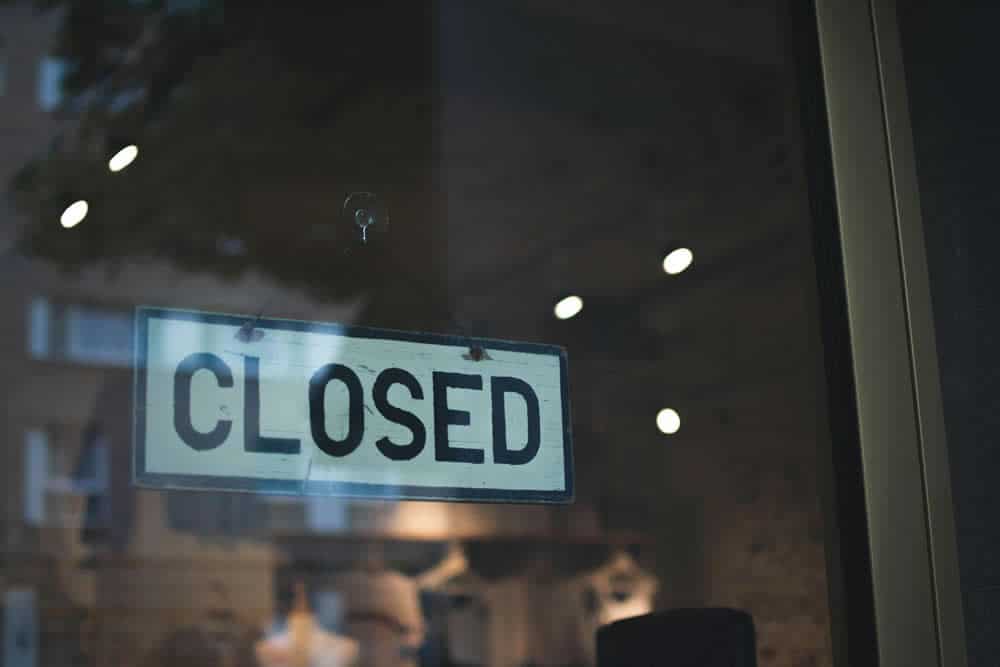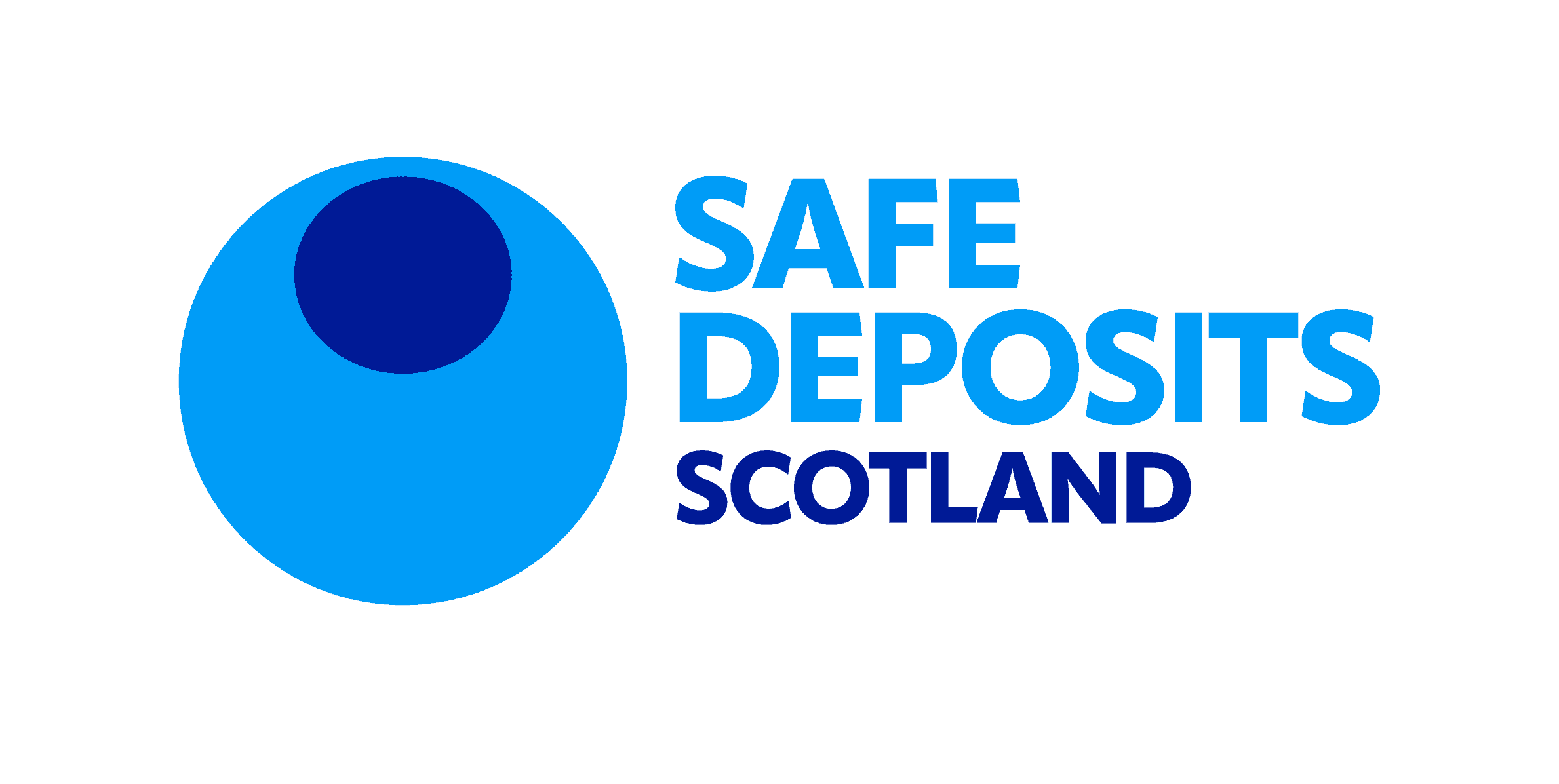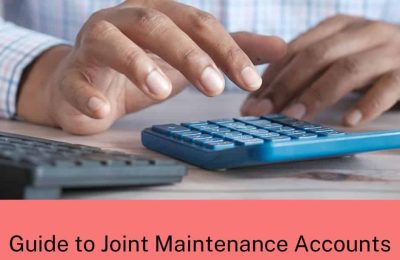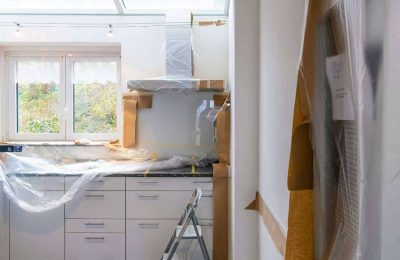The 2020s kicked off with most of the world shutting down due to the COVID-19 pandemic. Now, five years on from the lockdown that had us all stuck inside baking bread and racking our brains over Zoom quizzes, it’s interesting to reflect on the impact the global health crisis had on the private rented sector in Scotland.
The immediate impact
Every single person in Scotland was affected by the pandemic to some extent, from those who sadly experienced loss and grief as a direct result of the virus to the wider population who experienced unprecedented changes to everyday life. The financial impact of the crisis was another major concern to public and politicians alike, and tenants and landlords were not immune to this. Many businesses, particularly those in hospitality, had to suspend operations during the lockdowns and depend on a furlough scheme in order to pay their staff while some companies even folded and left staff redundant. Among those staff facing uncertainty over pay or losing their wage completely will have been PRS tenants, as well as landlords for whom renting is not their primary income stream. The ability to pay rent fully and on time therefore became a challenge for many.
Lettings businesses, still an essential service throughout the crisis, did not experience a financial impact to the same degree as some sectors, however this traditionally face to face industry had to adapt quickly to the new world of home working, social distancing and travel restrictions. Meanwhile seasonal peaks for moving in and out of rented property, dictated by university terms, did not manifest in the way they had done for years as campuses were effectively closed for prolonged periods.
New legislation
Early in the pandemic, temporary emergency measures were introduced to Scottish legislation with a view to easing the strain brought on by lockdown restrictions.
The Coronavirus (Scotland) Act 2020 covered a multitude of provisions ranging from justice to alcohol licensing, and of course measures relating to housing. In terms of the private rented sector, this included extending the length of notice landlords were required to give if they wanted to end a tenancy. With some exceptions, such as evictions relating to antisocial or criminal behaviour, landlords had to provide tenants with a minimum of six months’ notice.
The Act also gave the First-tier Tribunal for Scotland (Housing and Property Chamber) discretion to grant eviction orders where the tenant had not moved out at the end of their notice period and the landlord had requested an eviction order. The Tribunal would be able to make its own decision on whether or not it was reasonable to grant an eviction, considering all evidence from both parties.
Deposit protection
The process of tenancy deposit protection did not change during the pandemic, however deposit scheme SafeDeposits Scotland noted the introduction of new features and services arising from the lockdowns.
A free mediation and conciliation service named SDS Resolution (subsequently re-named SDS Resolve and now part of the Tenancy Redress Service) was introduced to support landlords and tenants in resolving mid-tenancy disputes surrounding rent arrears. The service, which formed part of the Scottish Government’s “Toolkit for Tenants” during the pandemic, helped parties to reach agreeable payment plans.
In practical terms, the scheme successfully transitioned to home working from the onset of the crisis and today in 2025 operates on a hybrid working basis as the norm. The 2020 lockdown also marked SafeDeposits’ first foray into webinars, which it continued to deliver alongside in person events.











